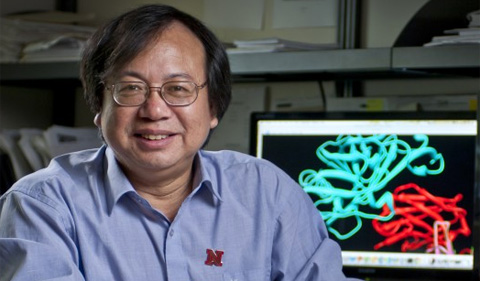Ohio University’s Chemistry and Biochemistry Colloquium Series presents Dr. Stephen J. Loeb on “Rigid Molecular Shuttles” on Monday, Nov. 26 at 4:10 p.m. in Clippinger 194.
Loeb is a professor of Inorganic and Supramolecular Chemistry at the University of Windsor.
Abstract: A molecular-level machine can be defined as “an assembly of a distinct number of molecular components that are designed to perform machinelike movements (output) as a result of an appropriate external stimulation (input)”. By controlling the translational and rotational movements of the components in the machine, coupled to an inflow of external energy, it is possible to obtain a predetermined function. A machine needs to overcome thermal fluctuation (Brownian motion) that influences its mechanical action … “through external fuelling by light or other energy sources … operating out of equilibrium in dissipative systems.” Two major technology advances have proven useful in addressing the challenge of constructing machines at the molecular scale. The first of these involves topological entanglement and so-called mechanical bonds, while the second is based on isomerisable (unsaturated) bonds.
This seminar will address our groups focus on rotaxanes with a rigid H-shaped axle and how this design allows us to answer some fundamental questions about motion, particularly in materials – such as:
- Is there a correlation between the path length travelled and the rate of translational motion?
- Can we overcome topological barriers?
- Can we organize these “machines” so that they can function cooperatively in the solid state?
- Can we make changes in the rate of motion visible to the naked eye?
The host is Dr. Eric Masson.




















Comments